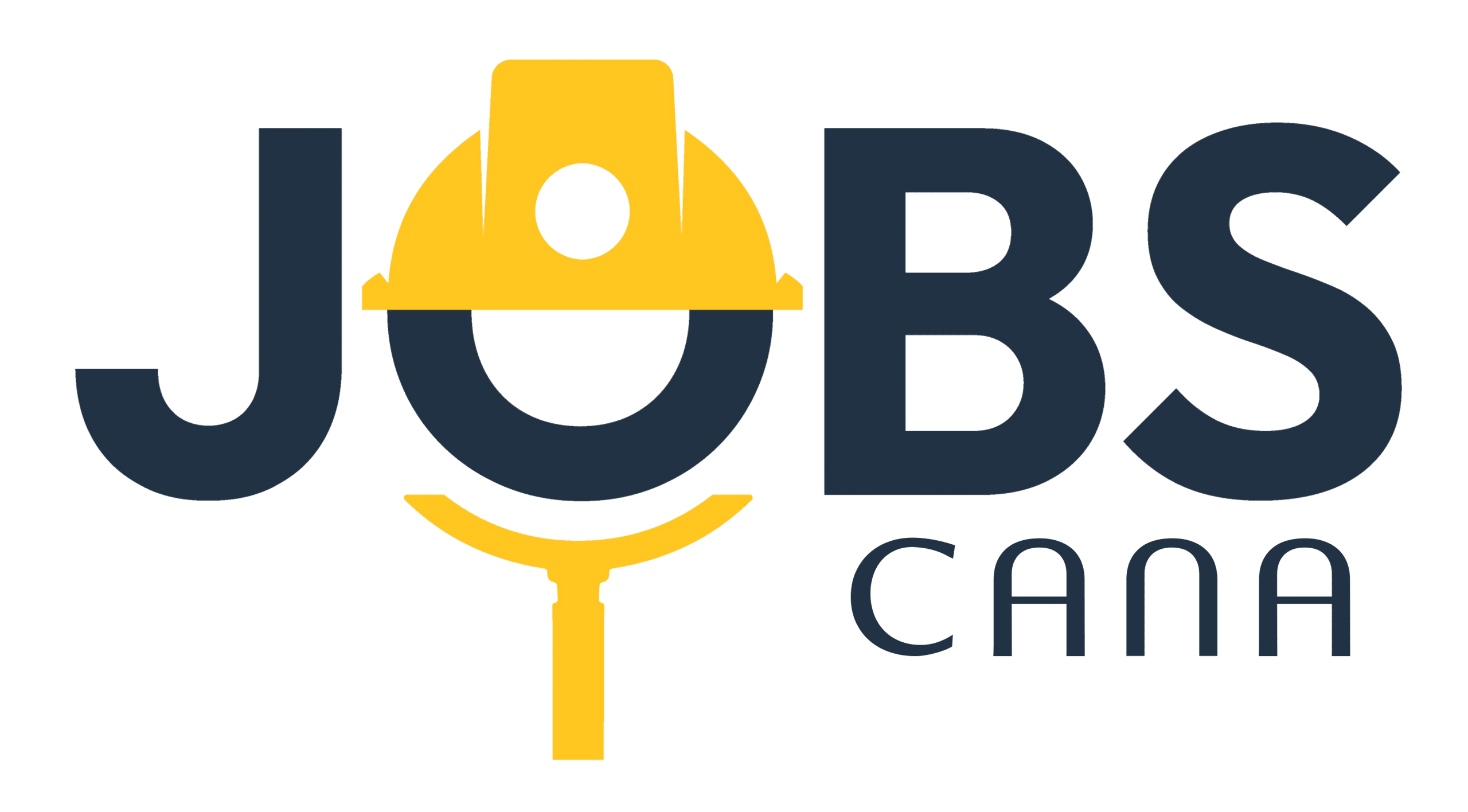Professional growth is essential for advancing in your career. By understanding its importance and setting clear goals, you can unlock new opportunities. Networking and continuous learning play crucial roles. Also, it’s vital to balance work and personal life. Explore these concepts further to accelerate your professional journey.
Understanding the Importance of Professional Growth
Professional growth is a vital component for anyone looking to accelerate their career. It goes beyond merely fulfilling daily tasks; it involves a continuous commitment to learning and improving oneself. By focusing on professional growth, you can develop the skills and knowledge necessary to advance in your career path.
Employers highly value employees who show initiative in their own development. This not only makes you more proficient in your current role but also prepares you for future opportunities within the organization. Gaining new skills and staying updated with industry trends can set you apart from your peers and can be instrumental in achieving promotions or raises.
Moreover, professional growth can lead to increased job satisfaction. When you invest in your own development, you are likely to feel more confident in your abilities and more engaged in your work. This sense of achievement can lead to higher motivation and better performance, creating a positive feedback loop that propels you further in your career.
One way to foster professional growth is through mentorship. Having a mentor can provide you with valuable insights and guidance that can help you navigate your career more effectively. Additionally, seeking opportunities for feedback and reflection can help you identify areas for improvement and set actionable plans for growth.
Setting Clear Career Goals

Setting clear career goals is fundamental for professional growth. It involves identifying your aspirations and defining a concrete plan to achieve them.
Identify Long-Term and Short-Term Goals
First, distinguish between your long-term and short-term goals. Long-term goals are your ultimate career aspirations, like becoming a department head or launching your own business. Short-term goals are the smaller, actionable steps that will lead you to your long-term objectives, such as gaining specific skills or completing a relevant course.
Use the SMART Criteria
Ensure your goals are SMART (Specific, Measurable, Achievable, Relevant, and Time-bound). For example, instead of setting a vague goal like “improve at work,” specify what improvement means, how you plan to measure it, ensure it’s realistic given your current resources, check its relevance to your ultimate career objectives, and set a deadline.
Regularly Review and Adjust Your Goals
Life is unpredictable, and your career goals may need to be adjusted over time. Regularly reviewing your progress and reassessing your goals is crucial. This ensures you remain on track and make necessary changes as your career or interests evolve.
Leveraging Networking Opportunities
Networking can be a game-changer for anyone looking to accelerate their career. Engaging with professionals in your industry helps you discover new opportunities and stay updated with the latest trends. Networking events such as conferences, seminars, and workshops offer a platform to meet influential people who can provide guidance.
When you connect with others, you build relationships that can open doors to career advancements. Discussing your aspirations with them can lead to mentorship and sponsorship opportunities. Furthermore, peers can share insights about job openings and projects you might not find through traditional job search methods.
Online platforms like LinkedIn are equally vital. Being active on professional networks allows you to engage in industry discussions and showcase your expertise. Regularly updating your profile and sharing relevant content can increase your visibility.
Volunteering for projects and joining professional associations are other strategic ways to expand your network. These activities not only enhance your skill set but also put you in contact with like-minded individuals who can enrich your professional journey.
Remember to nurture relationships by following up and maintaining regular communication. Genuine interactions can grow into valuable connections that support your long-term career goals.
Continuous Learning and Skill Development

In today’s fast-paced world, continuous learning and skill development are key to staying relevant and competitive. By actively acquiring new skills and knowledge, professionals can adapt to industry changes and seize opportunities for advancement.
Engage in regular training programs and certification courses that align with your career goals. These programs not only enhance your technical skills but also promote personal growth.
Embrace e-learning platforms, as they offer flexibility and a vast range of courses. Platforms like Coursera, Udemy, and LinkedIn Learning provide valuable resources to learn at your own pace.
Join professional workshops and conferences to network with experts and gain industry insights. These events often highlight emerging trends and best practices.
Consider finding a mentor who can offer guidance and share wisdom based on their experience. A mentor can help you identify areas for improvement and offer advice on career progression.
Participate in on-the-job training opportunities provided by your employer. These programs are tailored to your current job role and the company’s expectations.
Lastly, make use of feedback from peers, supervisors, and mentors to identify weaknesses and areas for growth. Continuous feedback helps in fine-tuning skills and gaining new perspectives.
Balancing Work and Personal Life
Work Efficiently
Effective time management is essential. Create a personal schedule that allocates specific times for both work tasks and personal activities. This ensures that neither area is neglected.
Prioritize Tasks
Identify and focus on high-priority tasks for both work and personal life. This helps in managing responsibilities efficiently, preventing burnout and allowing time for personal growth.
Set Boundaries
Establish clear boundaries between work and personal life. This could involve designating separate workspaces at home or setting specific work hours to avoid overlapping with personal time.
Take Breaks
Regular breaks are crucial for maintaining productivity and well-being. Short, frequent breaks can reduce stress and improve focus, allowing for better performance in both work and personal activities.
Self-Care Practices
Engage in activities that promote mental and physical well-being. This includes exercise, meditation, or hobbies that provide relaxation and happiness, ultimately benefiting both work life and personal life.


 Online Portfolio: Boost Your Career with a Stunning Showcase
Online Portfolio: Boost Your Career with a Stunning Showcase  Career Planning: Your Guide to a Successful Professional Path
Career Planning: Your Guide to a Successful Professional Path  Career Transition: Unlock Your Potential with These 5 Strategies
Career Transition: Unlock Your Potential with These 5 Strategies